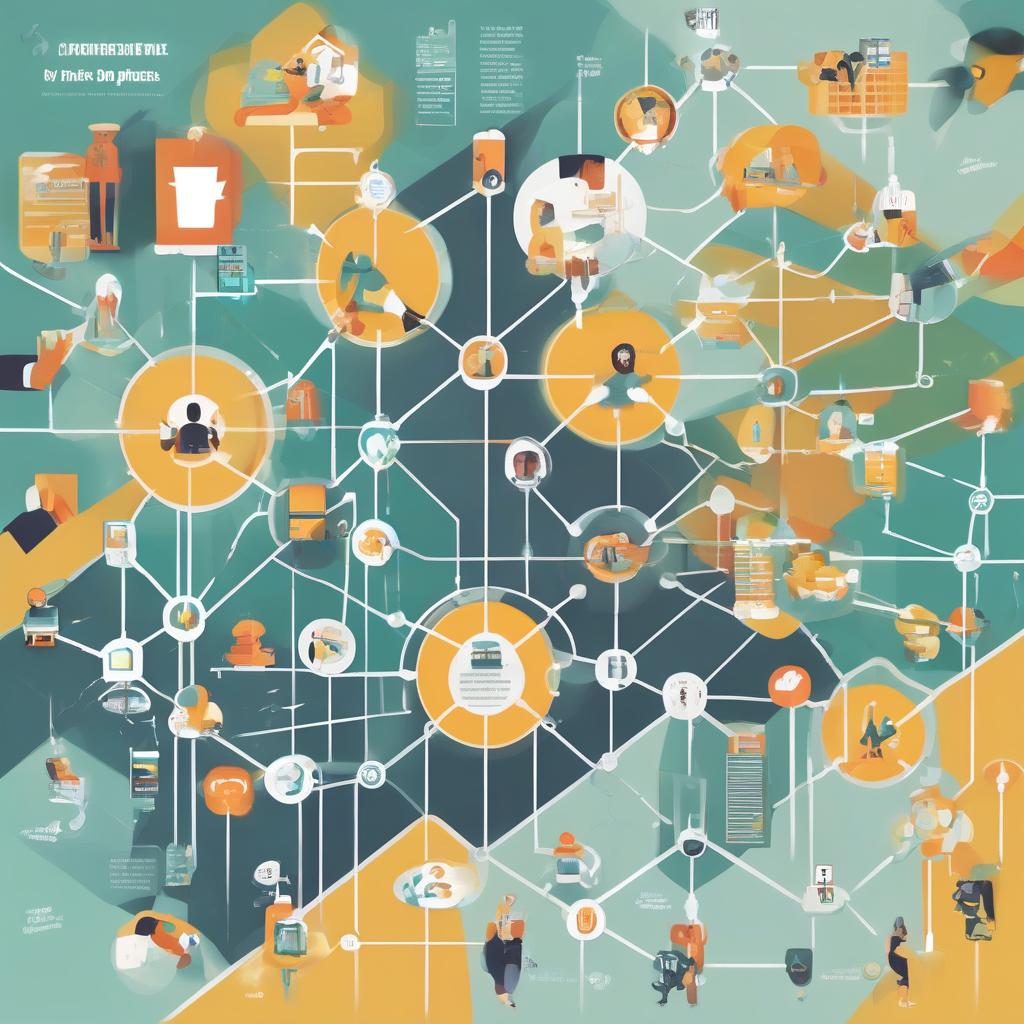My favorite book is Mindset: The New Psychology of Success by Carol Dweck. It’s hard to overstate the impact this book has had on how I approach my work, leadership, and personal growth. Mindset played a critical role in how I adapted during the pandemic and how I supported my team and my colleagues during a time of unprecedented change. The pandemic increased our collaboration capabilities and since, we’ve seen AI enter the mainstream. In 2015, I was sitting in faculty meetings where we discussed preparing students for jobs that hadn’t been invented yet and we were acutely aware that technology would replace many jobs that were present at the time in the workforce. That shift happened sooner than many anticipated. One never lost sight of during that period was the importance of a growth mindset.
Fast forward to 2024. Developing a growth mindset was the single most important thing I could have done. Being comfortable with change is a skill, and like any skill, it can be learned. Our world is exponentially more uncertain today than it was in 2015. Global instability, machine learning, political divides, and economic fragility all challenge the status quo. The floor continues to shift beneath our feet. Getting comfortable with being uncomfortable should be intentional personal and professional development. It requires humility, and it necessitates a commitment to life-long learning.
When struggling with uncomfortable situations, it’s important to consider the importance of the outcome. Why is change happening? Who will the ultimate result impact? What happens if we don’t change? I like to think it’s about others. Luvvie Ajayi Jones spoke powerfully about the importance of being the domino. Check out her message. My greatest takeaway is that it’s okay to be on the leading edge of change. She challenges herself with a gut check before she leaps but is comfortable with her own fear when she knows her intent is just and pure. She is a domino that creates meaningful change to help others.
This quote was my catalyst for this blog post. Success, goals, revenue, are all meaningless without purpose. I find my purpose in helping others. I strive to be an inspirational leader. That, to me, is success. I believe in being a force multiplier by building meaningful relationships and encouraging growth. If we encourage those in our organizations to focus on how they can adapt, evolve, and grow, we will become increasingly comfortable with change. That shift will allow us to focus on important and sometimes messy work. When we focus on the work, we focus more closely on outcomes. This focus increases awareness of the potential impact of our work. That impact is where we find purpose. If you are looking for the next step in your own success, look no further than those around you who need your support.


One response to “Applying A Growth Mindset to Define Success”
[…] Last month, I talked about the impact Carol Dweck’s Mindset: The New Psychology of Success had on me. If you haven’t explored her work, I’d encourage you to start with an assessment of your own mindset. Try this one and learn how your results influence your behaviors. Think about your results in the context of your own life. How might you expand your professional toolkit to embrace change, challenge your own thinking, and become a stronger colleague and leader? […]